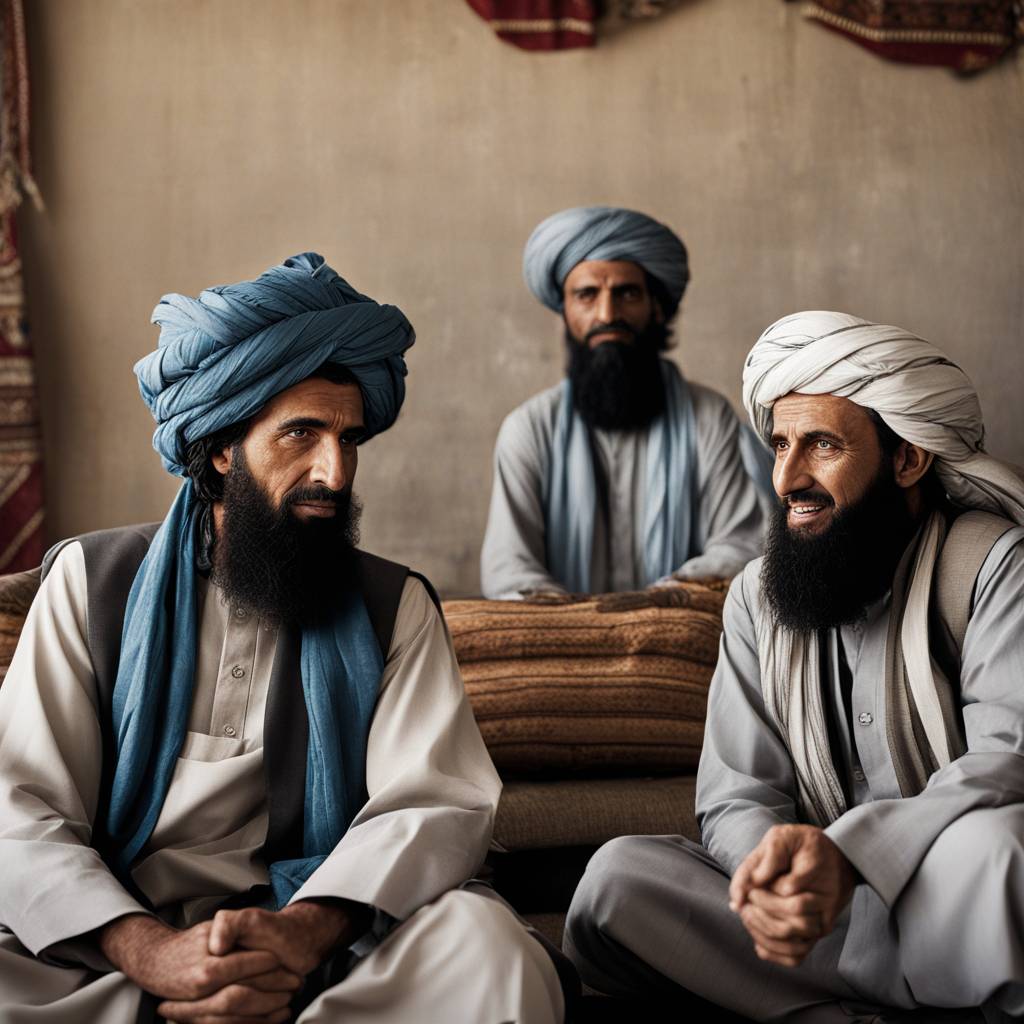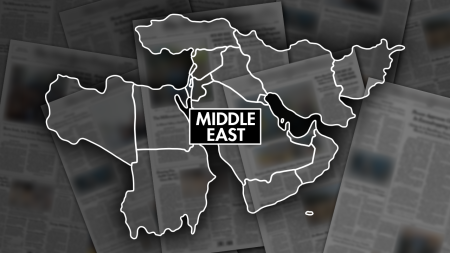Tensions between hardliners and more moderate elements within the Taliban in Afghanistan have been on display with messages from two influential leaders, supreme leader Hibatullah Akhundzada and Interior Minister Sirajuddin Haqqani. Akhundzada defended the imposition of harsh Islamic law and criticized the international community, while Haqqani called for humility and avoiding conduct that upsets Afghans. The Taliban’s rule, especially restrictions on women and girls, has faced condemnation and increased international isolation since they took power in 2021 following the U.S. and NATO withdrawal.
In a conciliatory written statement, Akhundzada offered advice for Taliban officials and suggestions for resolving issues. His public appearance for Eid was more in line with his traditional fiery messages, emphasizing that the Taliban will not compromise on their principles or Islamic law. Akhundzada’s public appearances are rare, with no photos from the mosque address protecting his identity from thousands of worshipers. Meanwhile, Haqqani aimed to show a softer side in his Eid message, acknowledging challenges in the country and urging unity between the people and authorities.
Experts believe Haqqani’s message was an attempt to garner broader support from the Afghan public, aware of the Taliban’s governance style. On the other hand, Akhundzada’s focus on consolidating support was evident in his Eid sermon. The leaders’ messages also targeted a global audience, with the Haqqani network seeking investment and aid from the international community. The Taliban’s restrictions on women’s education, employment, and public presence, along with implementation of corporal punishment and public executions, have raised concerns globally.
Describing divisions within the Taliban, Pakistani journalist Ahmed Rashid noted that there are moderate elements pushing for change but lacking in influence currently. Akhundzada, a skillful communicator, uses his mosque training effectively to establish his authority, although he is not addressing the questions that many Afghans are asking for a better future. Haqqani, popular among his support base, has previously criticized Taliban leadership but refrained from doing so in his Eid message. The Taliban’s dual messaging strategy aims to showcase their influence and power domestically and internationally.
Despite not being recognized as the legitimate government of Afghanistan, the Taliban have diplomatic relations with some regional players such as China, Iran, and Pakistan. The economic decline, drought, hunger, and displacement in Afghanistan, exacerbated by the Taliban’s rule, have further complicated the situation. The double messaging from the Taliban’s leaders reflects their attempts to maintain control, appeal to different audiences, and navigate the challenges of governance amidst international scrutiny and criticism.















